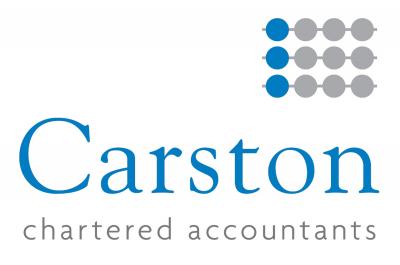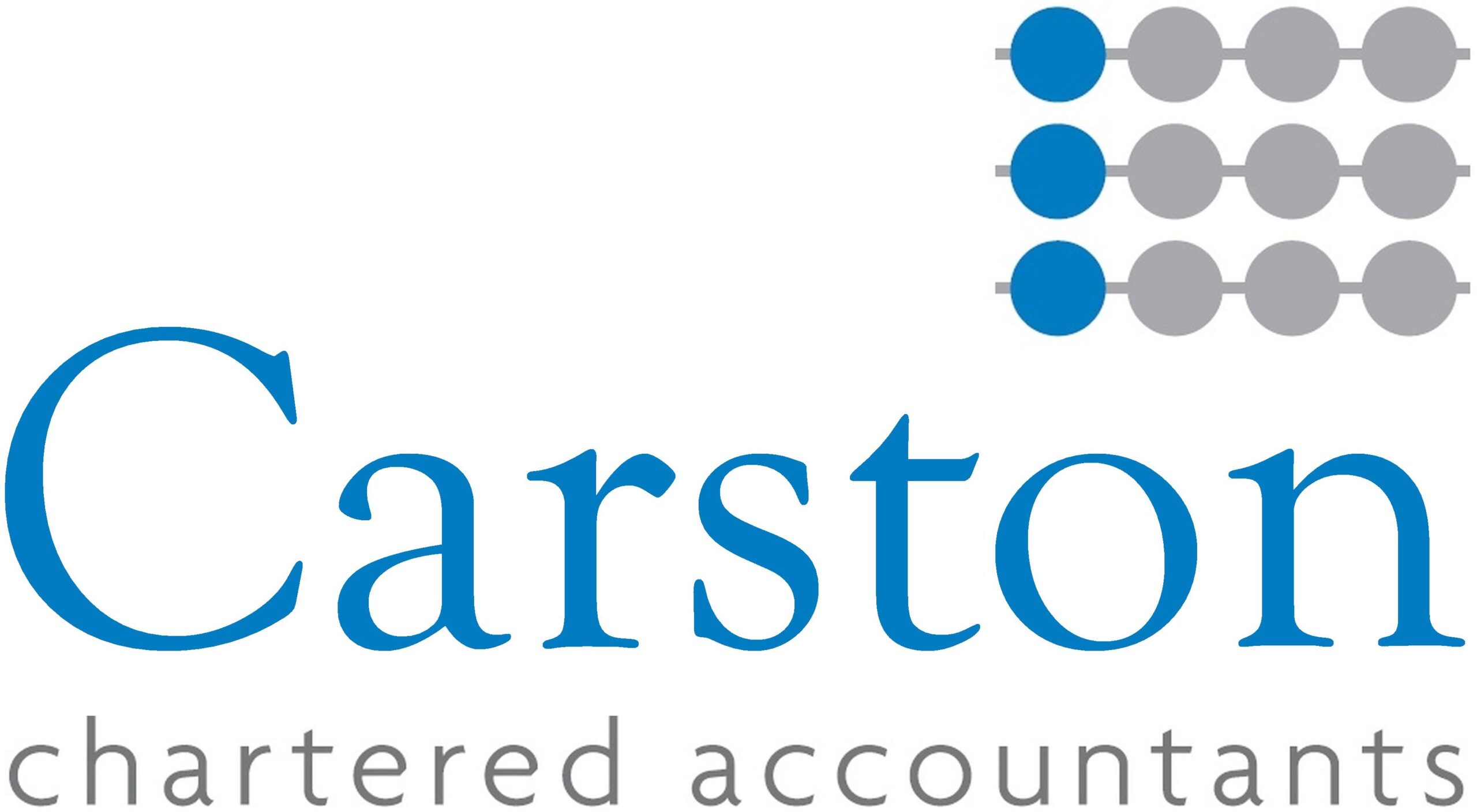It’s commonplace for industries to have their own set of specific taxes, and the world of sports is no different.
Managers, owners and players will all be liable to pay certain percentages of their salaries to HMRC. Whether it’s from UK-based work or even going overseas, you’ll need to understand what you’ll be expected to pay.
Here’s how sports taxes affect your salary.
Tax residence for athletes
Although a general rule of thumb dictates that a sportsperson will pay tax in the country they perform in, they may also be liable to pay taxes in their country of residence too.
Athletes will usually have to undergo a statutory residence test (SRT) to determine their residential status. A person can be classed automatically as a UK resident if they spent more than 183 days in the UK in any given tax year and have a home in the UK and not anywhere else.
UK tax resident athletes will be subject to UK taxes on their earnings from wherever they perform, including income tax and capital gains tax.
Your income tax band will depend on how much you earn:
| Tax band | Taxable income | Tax rate |
| Personal allowance | Up to £12,570 | 0% |
| Basic rate | £12,571- £50,270 | 20% |
| Higher rate | £50,271 – £150,000 | 40% |
| Additional rate | Over £150,000 | 45% |
Expenses for athletes
You can claim allowable expenses if they are intended for your livelihood. You can offset their cost against your income before tax to ultimately reduce the amount of tax you pay.
There are a number of costs an athlete can reclaim as a business expense with HMRC. These include:
- membership and subscription fees
- agent’s commission
- coaching costs
- travel to training grounds
- travel to away games
- travel to home matches (if on loan)
- kit and cleaning costs
- travel for medical treatment.
To reclaim these costs, you’ll have to include them on your self-assessment tax return or corporation tax return filed with HMRC every year, depending on your employment status.
Taxes for sports businesses
Your exact tax liability depends on what form of business you run, namely whether you are a sole trader or limited liability company.
There are a lot of pros and cons to each approach, but for the purposes of this blog, we’ll keep ourselves focused on tax.
Chances are that when you start off your business, you’ll run it as a sole trader for at least a couple of years. It basically means you are the business, and the business is you.
Because of that, all your profits are susceptible to income tax. The table above explains how much you’ll be liable to pay depending on your level of income.
Each year, you must submit a self-assessment tax return to HMRC by 31 January. HMRC will look at your income and tax reliefs to calculate your bill.
Limited companies, on the other hand, pay corporation tax. At the time of writing, the corporation tax rate is 19% on trading profits. From April 2023, this will increase to 25% – but only for trading profits over £250,000.
To fulfil your tax duties, you have to complete a corporation tax return.
When it comes to paying yourself for your hard work, you have the added benefit of being paid in dividends, which are taxed less harshly than regular income. There’s a bit more to it than that, though, so seek the help of an adviser to get the most tax-efficient treatment of your take-home pay.
Talk to us
As there are many moving parts in sports taxes, it pays to have a professional accounting team by your side. Carston has worked with many athletes and sports clubs in its time, so we can help you too.
Get in touch to find out how we can help.

